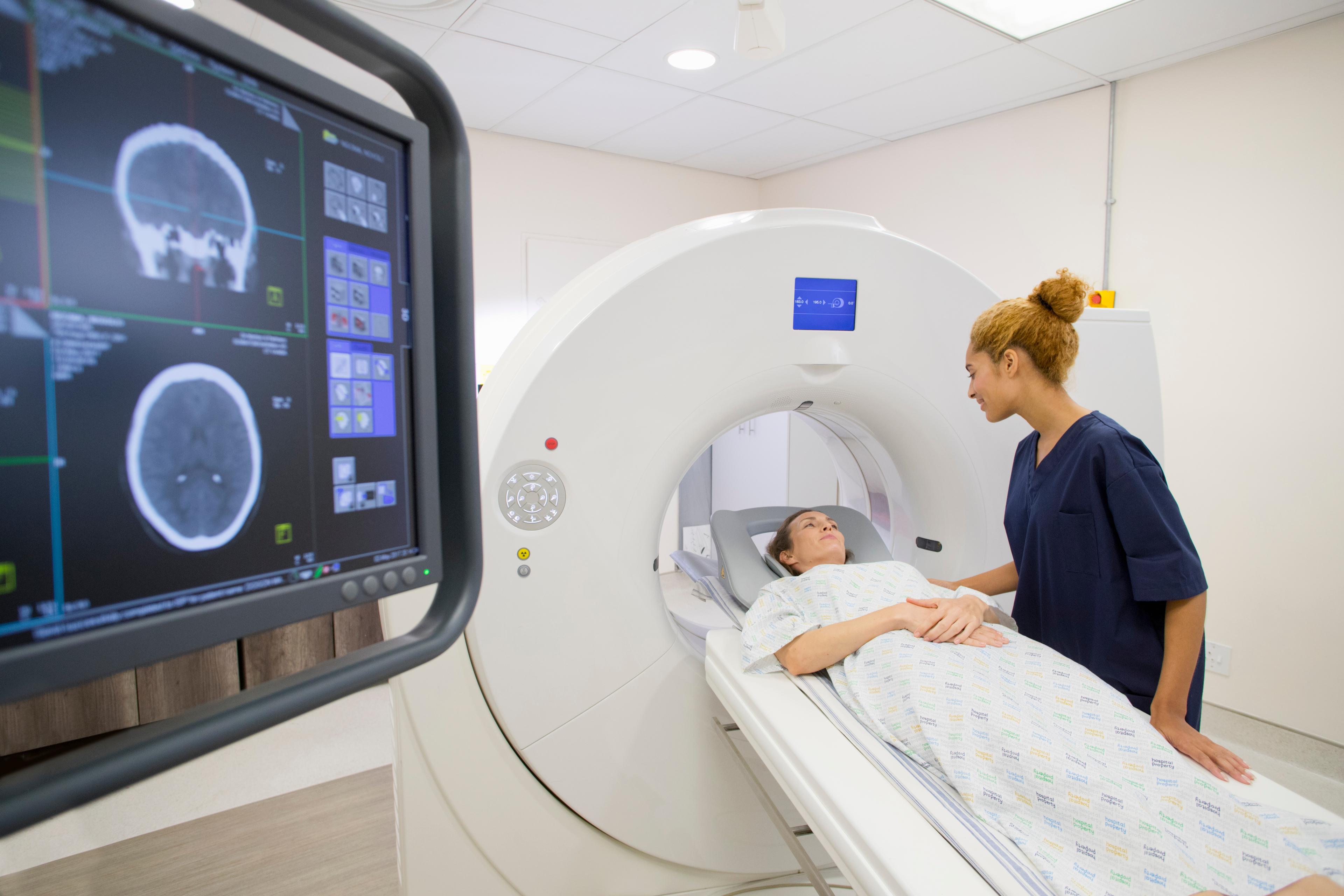PROVIDING KNOWLEDGE

Our mission is to provide knowledge.
We have a solid network of specialists with competencies in genetics, research, and development. Amplexa Genetics together with renowned and respected scientific experts, has contributed to the research and development of multiple published scientific studies.
Our most recent publications:


OCTOBER 2024
Applying cellular fixation and cell-type isolation for single-cell sequencing
Amplexa has supported Prof. Ditte C. Andersens-group in applying and validating a novel technique for cell isolation for single-cell sequencing that allows the samples to be stored at -80 degrees for a prolonged period before further single-cell library preparation.

SEPTEMBER 2024
Epilepsy as a Novel Phenotype of BPTF-Related Disorders
Background: Neurodevelopmental disorder with dysmorphic facies and distal limb anomalies (NEDDFL) is associated to BPTF gene haploinsufficiency. Epilepsy was not included in the initial descriptions of NEDDFL, but emerging evidence indicates that epileptic seizures occur in some affected individuals. This study aims to investigate the electroclinical epilepsy features in individuals with NEDDFL.

SEPTEMBER 2023
D-galactose Supplementation for the Treatment of Mild Malformation of Cortical Development with Oligodendroglial Hyperplasia in Epilepsy (MOGHE): A Pilot Trial of Precision Medicine After Epilepsy Surgery
MOGHE is defined as mild malformation of cortical development with oligodendroglial hyperplasia in epilepsy. Approximately half of the patients with histopathologically confirmed MOGHE carry a brain somatic variant in the SLC35A2 gene encoding a UDP-galactose transporter.

SEPTEMBER 2023
A new neurodevelopmental disorder linked to heterozygous variants in UNC79
Purpose: The "NALCN channelosome" is an ion channel complex that consists of multiple proteins, including NALCN, UNC79, UNC80, and FAM155A. Only a small number of individuals with a neurodevelopmental syndrome have been reported with disease causing variants in NALCN and UNC80. However, no pathogenic UNC79 variants have been reported, and in vivo function of UNC79 in humans is largely unknown.

AUGUST 2023
IRF2BPL as a novel causative gene for progressive myoclonus epilepsy
IRF2BPL has recently been described as a novel cause of neurodevelopmental disorders with multisystemic regression, epilepsy, cerebellar symptoms, dysphagia, dystonia, and pyramidal signs. We describe a novel IRF2BPL phenotype consistent with progressive myoclonus epilepsy (PME) in three novel subjects and review the features of the 31 subjects with IRF2BPL-related disorders previously reported.

AUGUST 2023
GABRA1-Related Disorders: From Genetic to Functional Pathways
Objective: Variants in GABRA1 have been associated with a broad epilepsy spectrum, ranging from genetic generalized epilepsies to developmental and epileptic encephalopathies. However, our understanding of what determines the phenotype severity and best treatment options remains inadequate. We therefore aimed to analyze the electroclinical features and the functional effects of GABRA1 variants to establish genotype-phenotype correlations.

Impact on clinical decision-making of next-generation sequencing in pediatric epilepsy in a tertiary epilepsy referral center
Next-generation sequencing (NGS) describes new powerful techniques of nucleic acid analysis, which allow not only disease gene identification diagnostics but also applications for transcriptome/methylation analysis and meta-genomics. NGS helps identify many monogenic epilepsy syndromes.

Utility of Genetic Testing for therapeutic decision-making in adults with epilepsy
Objective: Genetic testing has become a routine part of the diagnostic workup in children with early onset epilepsies. In the present study, we sought to investigate a cohort of adult patients with epilepsy, to determinate the diagnostic yield and explore the gain of personalized treatment approaches in adult patients.

Phylogeny of teleost connexins reveals highly inconsistent intra- and interspecies use of nomenclature and misassemblies in recent teleost chromosome assemblies
Background: Based on an initial collecting of database sequences from the gap junction protein gene family (also called connexin genes) in a few teleosts, the naming of these sequences appeared variable.

Parental mosaicism in epilepsies due to alleged de novo variants
Severe early onset epilepsies are often caused by de novo pathogenic variants. Few studies have reported the frequency of somatic mosaicism in parents of children with severe epileptic encephalopathies.

Identification of male heterogametic sex-determining regions on the Atlantic herring Clupea harengus genome
The sex determination system of Atlantic herring Clupea harengus L., a commercially important fish, was investigated. Low-coverage whole-genome sequencing of 48 females and 55 males and a genome-wide association study revealed two regions on chromosomes 8 and 21 associated with sex.

Analysis of shared heritability in common disorders of the brain
Disorders of the brain can exhibit considerable epidemiological comorbidity and often share symptoms, provoking debate about their etiologic overlap. We quantified the genetic sharing of 25 brain disorders from genome-wide association studies of 265,218 patients and 784,643 control participants and assessed their relationship to 17 phenotypes from 1,191,588 individuals.